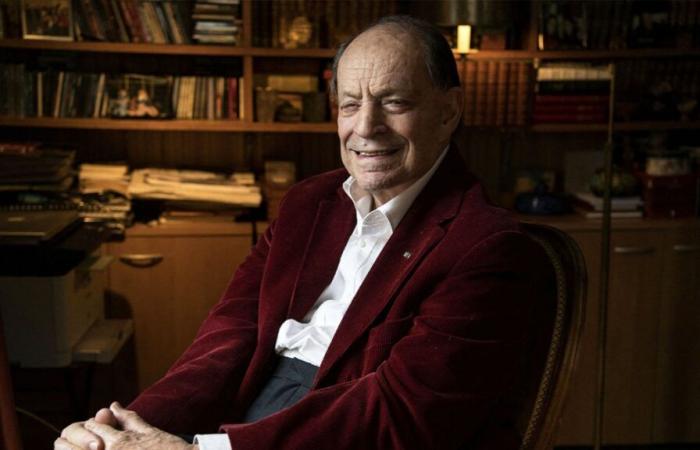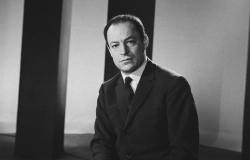The world of French song has lost one of its pillars: Charles Dumont, the composer of the unforgettable “Non, je ne regrette rien”, has died at the age of 95. This faithful companion of Edith Piaf, who left his mark on the musical scene with his pen and his talent, left an unforgettable legacy.
Born in Cahors on March 26, 1929, Charles Dumont was able to transform his destiny thanks to a meeting that changed everything: that with Édith Piaf. A trained trumpeter, he was still a little-known composer when, in 1960, he managed to convince “La Môme” to put her voice on one of his compositions. “No, I regret nothing” was then born and has since stood the test of time, becoming a universal anthem to resilience. The Minister of Culture, Rachida Dati, also hailed “a sacred monster of French song” after the announcement of his death.
Charles Dumont liked to recall the importance of Edith Piaf in his career: “My mother gave birth to me, but Édith Piaf brought me into the world”he confided. This sentence perfectly summed up their professional and personal relationship, marked by more than 30 songs, including emblematic titles such as “Mon Dieu” and “Les floflons du bal”.
A success that almost never saw the light of day
However, it was a long road before Piaf accepted “No, I regret nothing”. “Piaf had already fired me three times”said the composer in 2018. Convinced by his lyricist Michel Vaucaire, he tried one last time in 1960. When they arrived at the singer’s house, she was indignant but after hearing Charles Dumont play, she changed her mind. This moment sealed their collaboration: “We never left each other again”he said, emphasizing that this song had been a rebirth for the singer then in difficulty.
After Piaf’s death in 1963, his faithful companion continued his path and expanded his repertoire by collaborating with other big names, notably Barbra Streisand. Their meeting in New York gave birth to “Le Mur” and its English version “I’ve Been Here”, titles which appear on the album “Je m’appelle Barbra” (1966). “It was fate that kicked me in the butt”he said
If his career as a singer began by opening for Piaf, the composer knew how to reinvent himself after the death of his muse. He then adopts a crooner’s register without claiming to be one. “Let’s leave it to the Americans, who do it so well”he declared, preferring to stay true to his style. Over the years, he released albums centered on love and continued to delight his audience until 2019. “When you come back in front of an audience… it makes you look 20 again”he expressed.
Charles Dumont composer Edith Piaf musician Music






